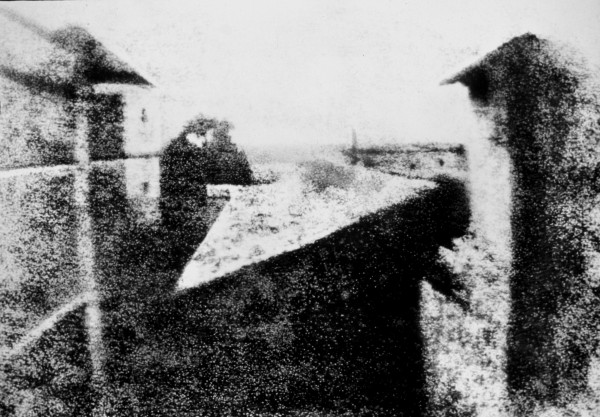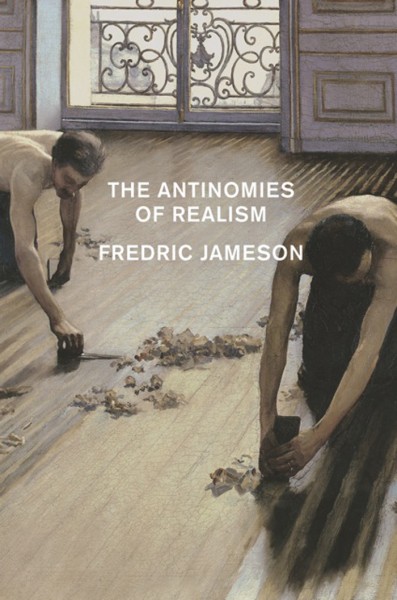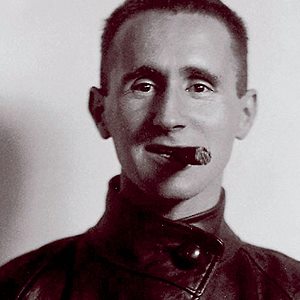Photography, Automatism, Mechanicity

It has been a defining and enduring feature of photographic discourse up to now that automaticity and automatism have been available to us through photography. An important task for the history of photography will be not just to invoke photography’s automaticity, but to describe—for any photographic work or enterprise it takes up—the nature and importance of its automaticity in that instance or set of instances.
Action and Automatism

I am going to abstract, here, from the ideas of “automatic” and “automaticity,” and from “mechanism” and “mechanicity,” in order to focus on the following question: how should the idea of “automatism” be understood, and what theoretical resources can be used to illuminate it?
Issue #11: Photography and Philosophy

The following six essays are intended as three exchanges around three topics—the autonomy of the photographic image, automatism, and time and meaning—that will be the themes of three panels in a two-day conference at the Los Angeles County Museum of Art, March 13 and 14, 2015.
The conference is sponsored by the museum and by the Mellon Foundation and is being organized by nonsite.org. We are looking for creative approaches to these themes that will engage with works in the Marjorie and Leonard Vernon Collection at LACMA. Send proposals for session papers to nonsite@nonsite.org. Proposals must be submitted by November 15, 2014.
Jameson’s The Antinomies of Realism

This brings us back to Jameson and realism. Jameson continues to insist upon the idea of meaninglessness in Zola’s abundant descriptive lists; in referring to the copious description of the cheeses in the shop in Le Ventre de Paris, he speaks of “their veritable liberation from meaning in all their excess.” The pungent cheese passage indeed shows a “delirious multiplicity,” but the cheeses are far from being meaningless or “autonomous.” For what does it mean when it is said that an element of a literary work is meaningless? Can it be true that multiplicity or excess leads to meaninglessness? Or that the moment something exists in the bodily realm, it does not signify?
Jameson Responds

What needs to be understood about my distance from those debates around affect polemics is that I still believe in the binary opposition, and am in that sense, I guess, some kind of structuralist Hegelian, or better still, that I include Hegel in Marx and structuralism in the dialectic. “Oppositions without positive terms”: such was Saussure’s great formula, his reinvention of the dialectic on a linguistic basis. Concepts do not exist in isolation, they are defined by their opposites: it is a dialectical lesson as well as a structuralist one, and in the best of worlds the latter should lead back to the former, which it reinvents in a new and contemporary way.
Two Sonnets

The wolf prowls the hills, kills what it kills.
The Political Ontology of Unemployment: Why No One Need Apply – Reply to Zamora

Once the door had been opened onto the phenomena of the chronically unemployed, it appeared there was no closing it. Which is to say, even though the intervening period—at least between 1945 and 1979—was characterized by something wildly different than rank unemployment, nothing about this fact altered the vision of revolutionary progress centered on the figure of the precariat. It would be fairer to say exactly the opposite. The “affluent society,” as Kenneth Galbraith described it in 1958, was the source of endless lament on the Left (the Right’s attitude toward the growing equality in wealth is another, but related, story).
“B-Side Modernism” Fellowship

Nonsite.org is proud to announce “B-Side Modernism,” a research fellowship and conference at the Raymond Danowski Poetry Library (Emory University, Atlanta), starting in late 2013 and continuing in three phases through summer 2015: Phase 1: A fellowship competition and fellowship residencies for research in the Raymond Danowski Poetry Library in the Emory University Library. Four selected fellows […]
Events

Nonsite.org is proud to announce “Photography and Philosophy,” a conference in collaboration with the Los Angeles County Museum of Art and sponsored by the Mellon Foundation. The event will take place at LACMA on March 13th and 14th. The conference is sponsored by LACMA and by the Mellon Foundation and is organized by nonsite.org.
Issue #10: Affect, Effect, Bertolt Brecht

In nonsite’s tenth issue, we revisit the work of Bertolt Brecht and assess its relevance for today.
